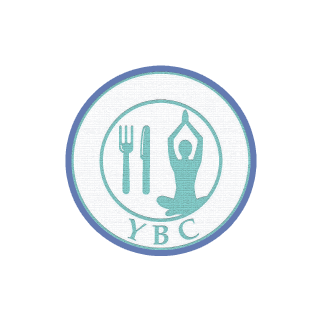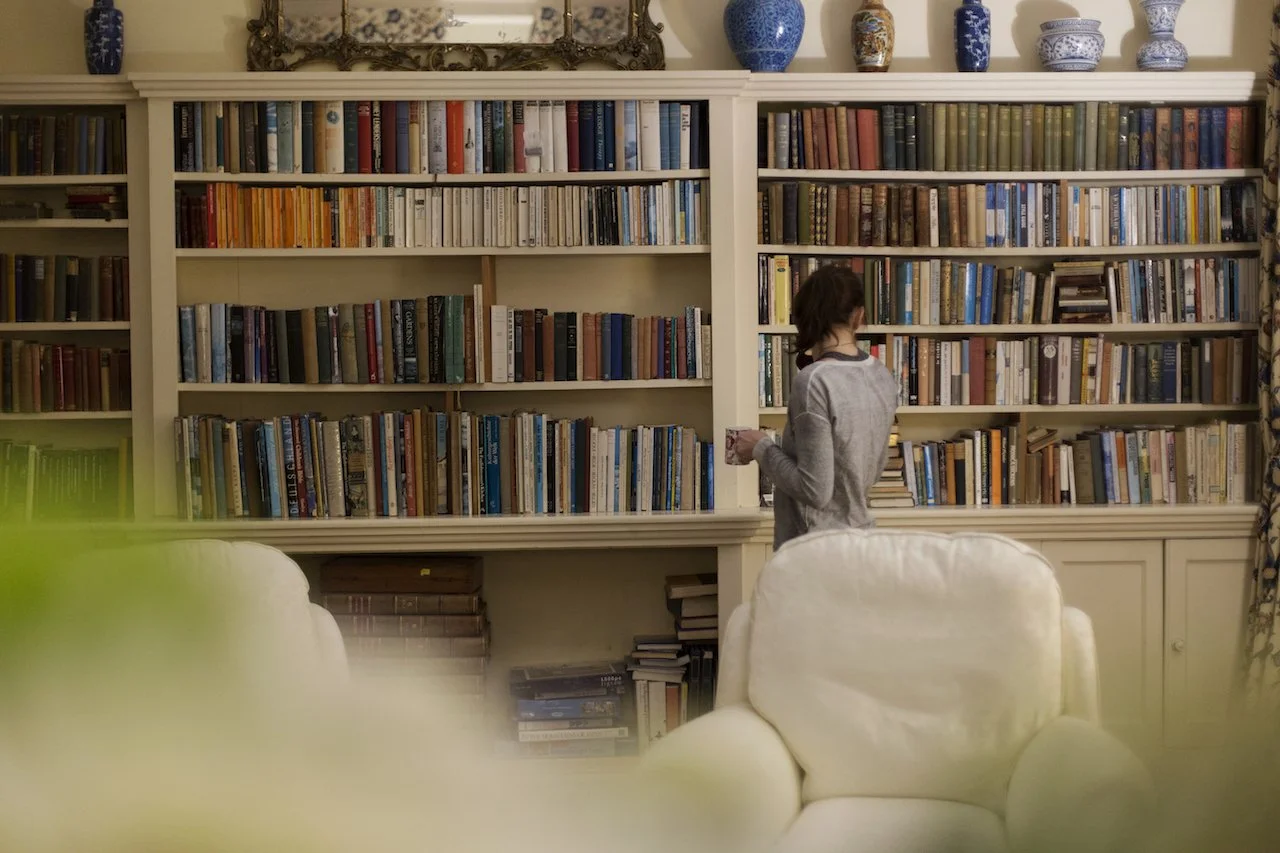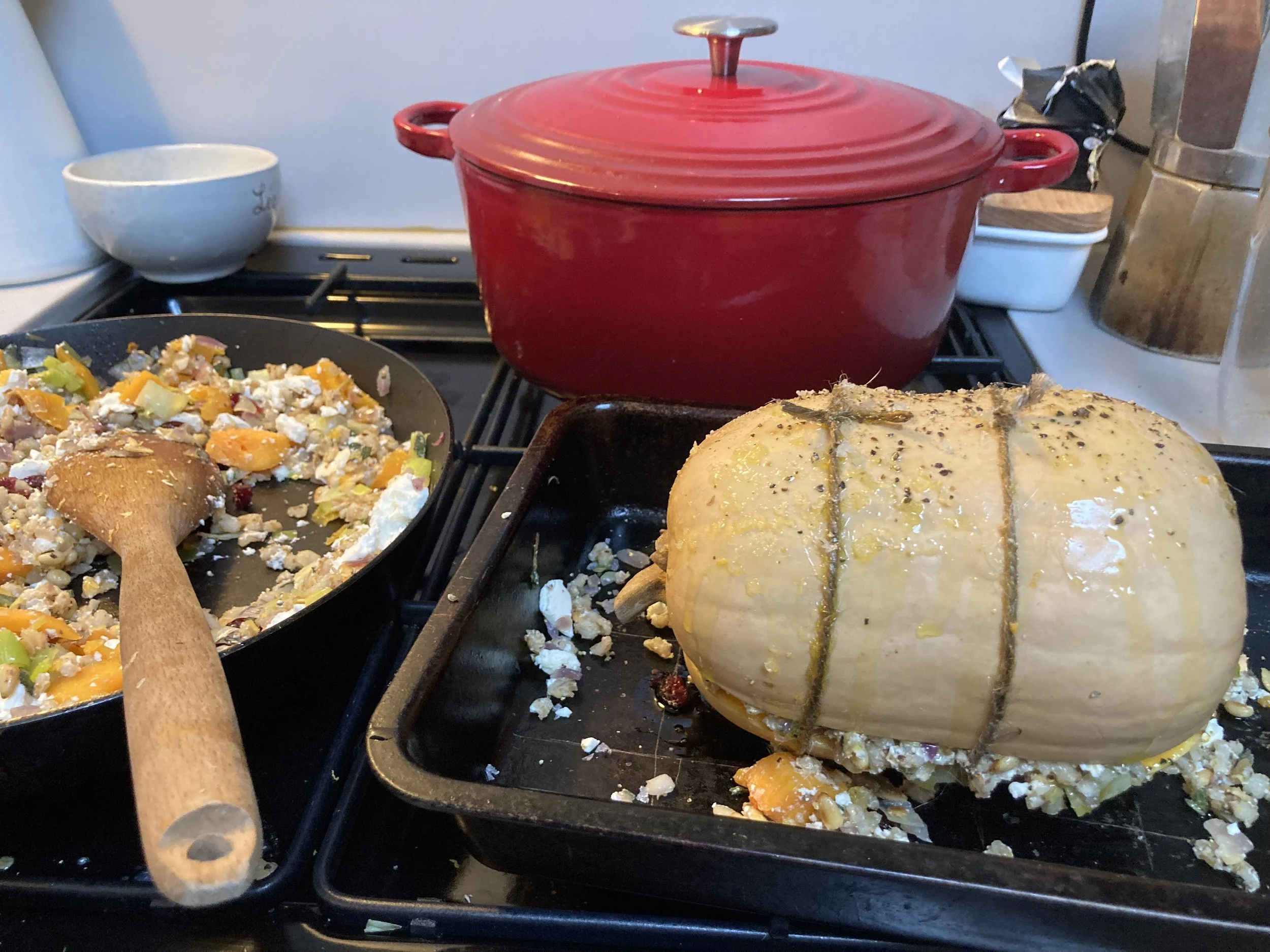Circadian Rhythms and the Sleep Wake Cycle
/At this time of year, when I feel my sleep cycle changing to match the long nights and short days, I always find myself fascinated with circadian rhythms.
In the depths of winter, I’m sure I'm not the only one who finds it incredibly difficult to get up in the morning and a huge pull to stay in, retreat and hibernate in the dark winter evenings.
It’s comforting to know that this isn’t just me being lazy or unsociable, but my body’s circadian rhythm reflecting the cycle of day and night - light and dark.
Circadian rhythms are physical, mental and behavioural cycles that are part of the body’s internal clock which follow a 24-hour cycle. They run in the background to carry out essential functions and processes such as wakefulness, body temperature, metabolism, digestion, and hunger, responding primarily to light and dark. Circadian rhythms affect most living things, including animals, plants, and microbes (sleepfoundation.org).
The sleep wake cycle, in short, works like this: when the optic nerve in your eyes senses light in the morning, cortisol and other hormones are released to help you wake up. When the sun sets, the pineal gland is triggered to release melatonin - the sleep hormone (hopkinsmedicine.org).
Essentially, light is your body’s signal to be awake, dark is your body’s signal to be asleep. This is why it’s crucial not to punish yourself for feeling more tired during the winter when there are more hours of darkness - your body is literally receiving the signal to sleep.
If we can learn to lean into these cycles, it can have a positive effect on our physical and mental health, as opposed to fighting against them, which can cause irregular circadian rhythms. So during winter, don’t be hard on yourself for needing those extra hours in bed…
Try reflecting the daylight hours in your sleep patterns so that you’re settling down early in the evening and waking up with the sun in the morning.
Limit the amount of light you’re getting in the evening to ensure your body is getting the signal to sleep. Dim the lights and avoid your phone!
Also try to get as much bright, natural light in the morning to ensure you’re giving your body the signal to wake up! It’s easy to want to keep the curtains closed and stay inside but it is massively beneficial to get outside and soak up the sun (or clouds maybe!) as early and as much as possible.
































